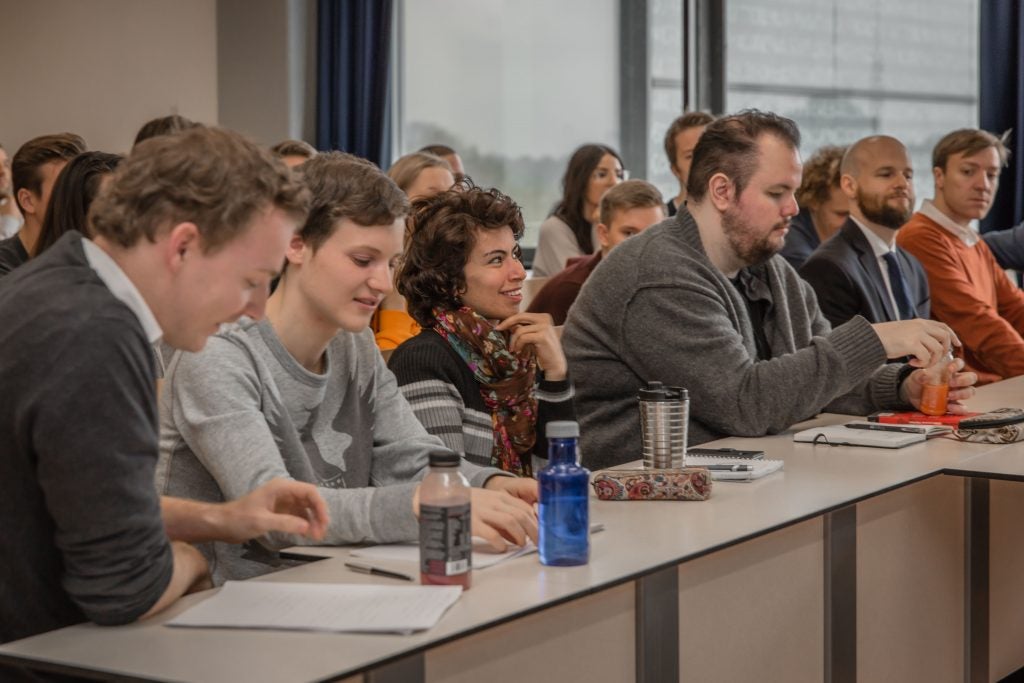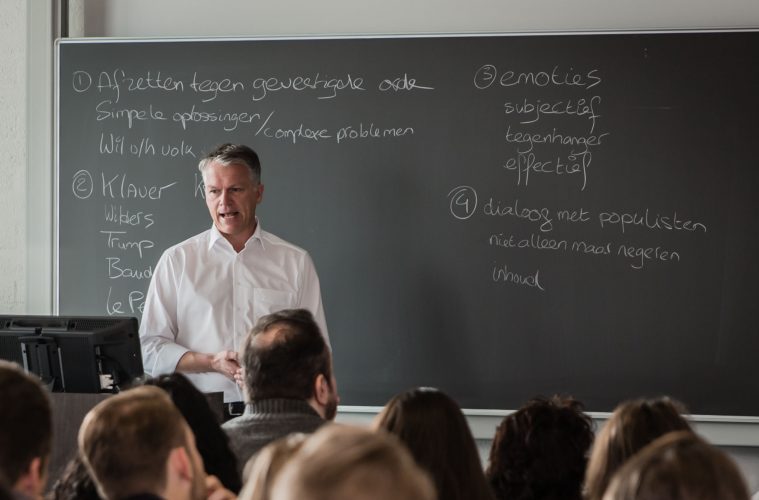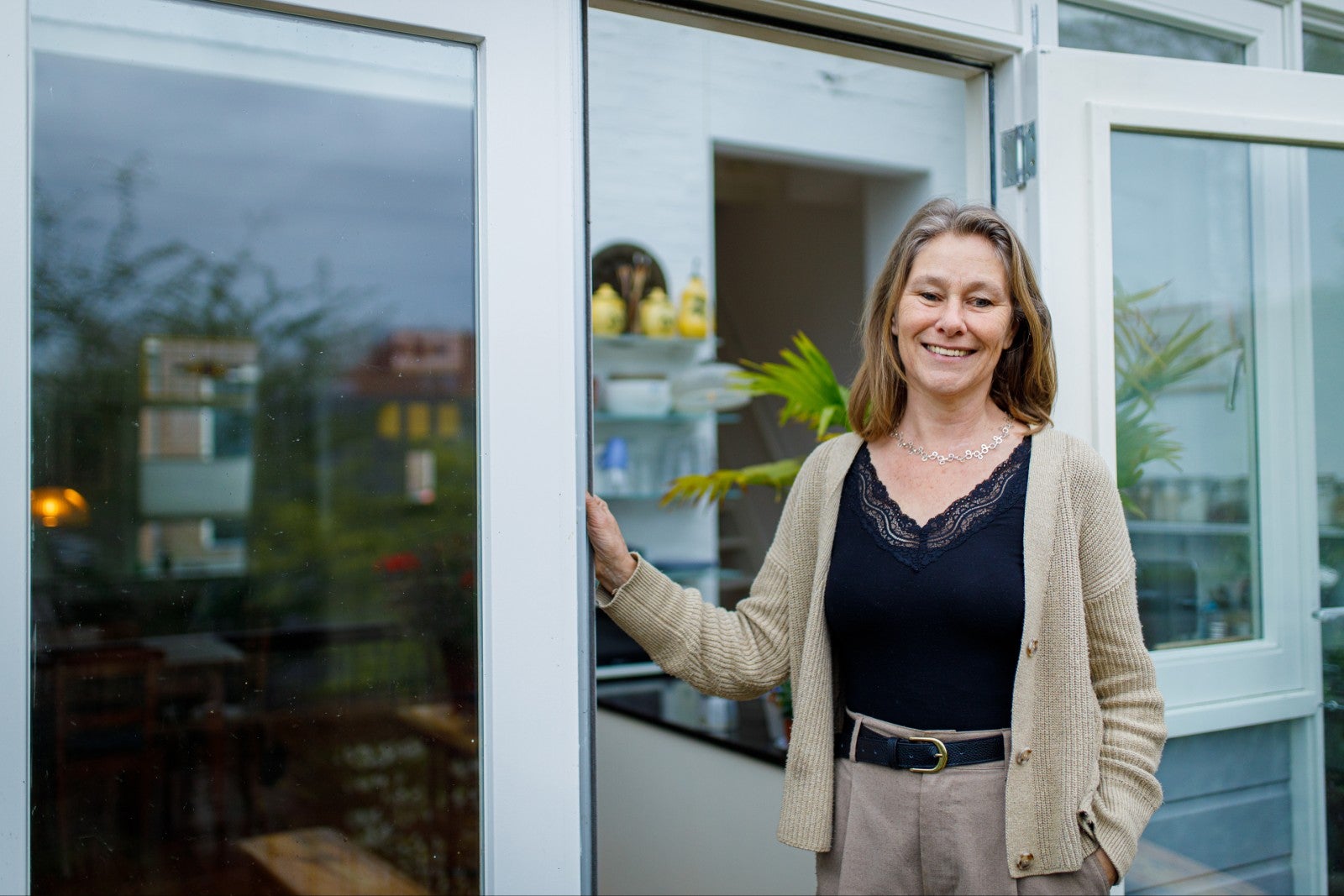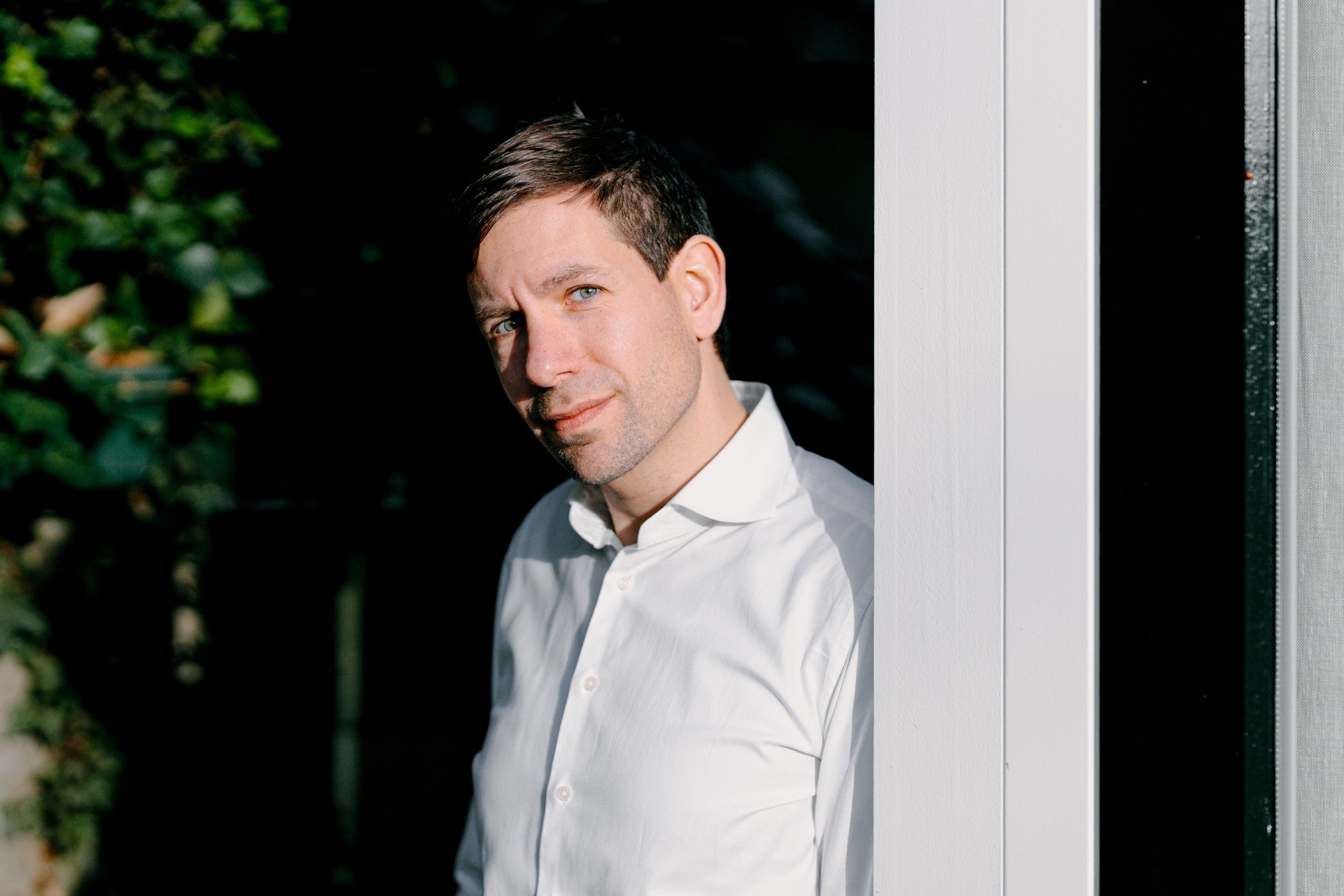Although he left politics seven years ago, former Prime Minister Wouter Bos still talks about his term with enthusiasm. Around 50 first-year students from his former faculty of Political Science attended a guest lecture on populism on 1 November. ‘There’s no reason for panic.’ He acknowledges the dangers, but he also sees solutions.

Wouter Bos is clearly excited about the lecture. In his shirtsleeves, hands on his waist, he speaks animatedly. “I was always interested in politics, and I’d planned on going into politics myself, but first I wanted to see the world to find out how it all really worked”, says Political Science and Economics alumnus Wouter Bos (1963), now President of the Board of VU University Medical Center. He introduces his guest lecture ‘Populism: what, how, why… and what now?’ with a brief summary of his career path. He worked for Shell for several years: in Bucharest, Hong Kong and London, until the Labour Party asked him to sit for parliament in 1998. In 2002, he made it to leader of the party, and in 2007 he became Deputy Prime Minister and Minister of Finance.
He left politics in 2010, mainly because his three young children deserved more of his attention. He became a consultant at KPMG, then came to the VU University Medical Center in 2013. “In between, I had a little side job: putting together the Rutte-Asscher cabinet in 2012. That kept me busy for around six or seven weeks…”, says Bos to subdued laughter from the students.
‘Rutte has shifted back and forth for the past three elections in a row’
Bos also gave the guest lecture last year as part of the Political Science Bachelor’s work group on Dutch politics. But first, he has four questions for the students: what is populism? Can you give an example of populism? Is populism rational? And: how can you beat populists? The students have 10 minutes to exchange thoughts on the questions, which they do with enthusiasm.
One student suggests that in order to beat populists, you have to take their standpoints seriously, try to put them into context, and offer an alternative. Another thinks that one should debate with populists using facts and details. “I tried so many different ways to do that”, says Bos. According to him, that worked well initially in 2002, because politically he was still a relatively clean slate. “Today, you’re only unblemished politically if you haven’t yet had to deliver on your promises.” In other words: borne responsibility for government or played a leading role in your party. What he noticed was that his narrative was always less pointed than that offered by the populists. He believes that the political right was better able to adapt to that than left-wing politicians. “Rutte has shifted to the populist right and back again for the past three elections in a row.”
Populism: ideology or just a way to win votes?
One student asked whether Bos considers populism to be a coherent ideology, or simply a technique to win votes. “That’s a good question!” replied the former politician. “I see it mainly as a question of style, because populists say what the public wants to hear. They simplify reality, they’re unconventional and ‘easy’: they use humour, play with the media and break the rules through their choice of words and their fights. Take Trump, for example, who constantly says things that make you think: that’s just not done!”
Bos also sees a more intellectually grounded form of populism, however. This mixes elements from the left and right of the political spectrum, and is mainly geared towards preservation of achievements such as the welfare state, warning about Islam, supporting the nation-state, criticising the rule of law, and direct democracy.
When Bos was studying Political Science in the 1980s, (“Yeah, listen to grandpa’s stories!”), he learned about the classical political spectrum. “You had a line from left to right, with most voters somewhere in the middle. The biggest contrast was between far-left and far-right. Since then, the political landscape has become more of a horseshoe, with the extremes bent close together.”
Coherent coalition impossible today

He also discussed international trends, such as the causes of populism, why it has become so popular today, and why it presents such a danger. “Almost one-third of the parliament represents one of the two extremes, and has therefore disqualified itself from participation in government. That means it’s impossible to form a coherent centre-right or centre-left coalition, because that would require political opponents to govern together. This leads to extremely fragile constructions full of compromises, and that further undermines confidence in politics among the population.” This results in a paradox, Bos explains: “Those who advocate political purity force the creation of incoherent coalitions, with too many compromises.”
According to Bos, populism is rational, however. “Dani Rodrik, a fantastic economist at Harvard whom you should all take the time to read, points out the trilemma of the choice between democracy, sovereignty and free trade. Traditional politics promises all three, although you can only realise two of them at most.” With Brexit, the British chose for less free trade in exchange for more democracy and sovereignty. Wilders would like to make the same choice. “Rutte, Buma and Asscher all deny the existence of this trilemma”, according to Bos. “They think it’s far too difficult to choose.”
You have to learn from populists
In order to beat the populists, Bos emphasises, one must learn what they have to teach about the failure of traditional politics and about effective style and campaigning. Bos sees no need for panic: “In our multi-party democracy, they’ll only attract around 20 percent of the voters at most.” His advice:
– connect. “The problem of a fragmented society is a killer, and it makes a country a less pleasant place to live.”
– promise less, deliver more, and let them share power.
First-year student Thijs Hoekstra (19) thought that the guest lecture was interesting, very well prepared, and the speaker was ‘very eloquent’. Did he know who Bos was before the lecture? After all, he was only 12 when Bos left politics. “Of course!”, he replied. “We’re Political Science students!”






